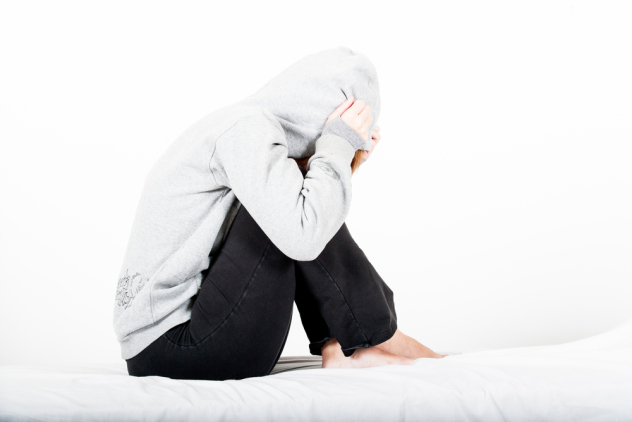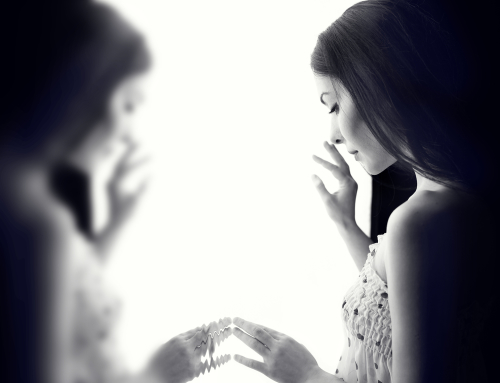I can’t figure out why I got involved in such a destructive relationship. I think my family was better than average. My parents raised 5 kids, stayed together, and taught us about God and honesty and telling the truth. Then I went out and married someone who was emotionally and physically abusive. I was able to leave him – eventually. But I remember getting married while feeling ambivalent about it.
I didn’t really want to marry my ex-husband. I just didn’t see another alternative. I thought only people who were abused got into abusive relationships, so I can’t understand why I stayed with my abusive ex-husband for six (long) years. Can you help me to understand this? It’s making it hard to trust my own judgement about future relationships.
Dr. Norquist responds:
How we allow ourselves to be treated in our intimate relationships is related to what we feel emotionally deserving of. As such, it is an outward expression of our level of self-esteem. The question to ask yourself is not how your family looked from the outside, but rather, how did you come to feel about yourself, and your worth, as a consequence of your interpretation of your early childhood experiences? Did you emerge knowing you have the right to stand up for yourself when you are being mistreated? You describe your family as having taught you about “God and honesty and telling the truth.” These are wonderful values; gifts for your spiritual life. However, you must also learn how to navigate through a world where many do not operate from these values. Your family may not have prepared you for protecting yourself from those who use others’ openness, honesty and trust for their own advantage.
It’s important to pay attention to the power balance in a relationship, and the degree to which both parties needs and feelings are respected and honored. In abusive relationships, there is often a long lead time during which the abuser uses shame, guilt, criticism, fear, and control to decimate the abused person’s self-confidence and to establish dominance. Through isolating the abused from sources of outside support (friends, work relationships, family, activities outside the home, etc.), the abused comes to feel weak, dependent, and unable to leave the relationship. An extreme example of this dynamic is seen in battered women, who literally can’t see how to leave a relationship, even when their lives are at stake. I share this with you, not because I think you were a battered woman, but because there are similar dynamics in all abusive relationships, and this may help you to judge for yourself the nature of future relationships that you experience.
Develop your ability to stand up for yourself. Pay attention to the balance of power and level of respect for differing feelings and needs. Most importantly, develop and maintain a strong sense of security within yourself. Know that you do not need to be in a relationship in order to survive. A relationship not entered into out of need or fear is much more likely to be healthy.




